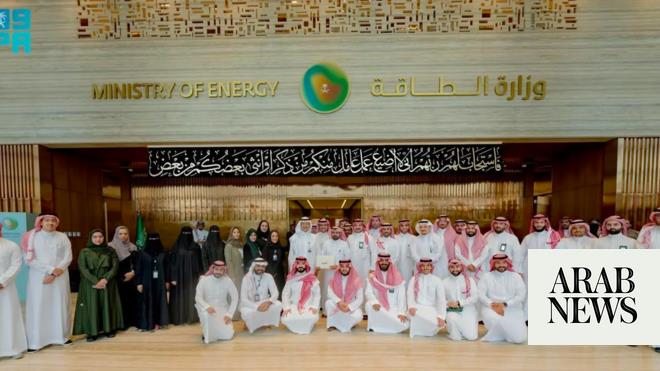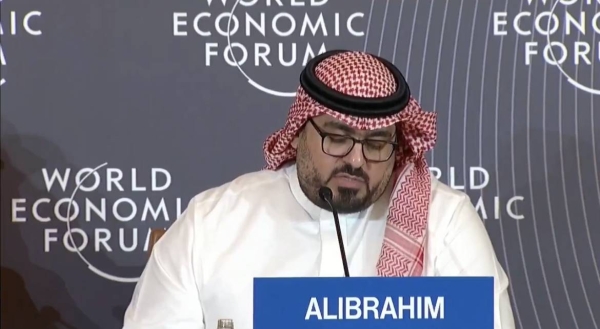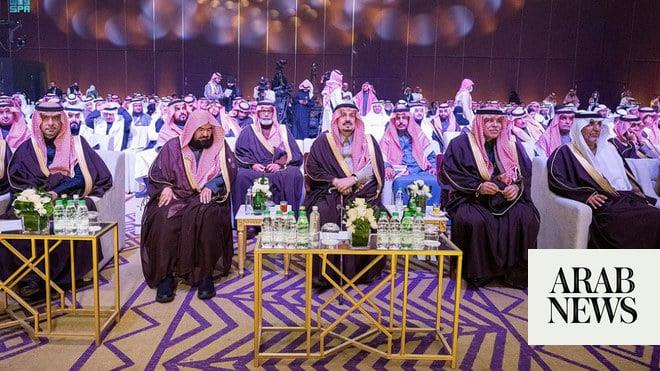
RIYADH: Saudi Arabia’s Ministry of Energy has garnered prestigious global recognition for institutional excellence and quality.
The ministry attained the second level of institutional accreditation from the European Foundation for Quality Management and secured the fourth level in Axelos’ Project, Program, and Portfolio Management Maturity Model, undergoing assessments conducted by accredited international evaluators.
These evaluations examined the ministry’s business tracks and methodologies, aligning them with globally recognized excellence standards.
This accreditation reflects the ministry’s commitment to its strategic plan for enhancing institutional operations and establishing a unified framework for excellence and quality, ultimately benefiting its stakeholders, the Saudi Press Agency reported.
Notably, the recognitions represent the highest level a Saudi government or private entity has ever attained from these reputable organizations. It is also worth noting that the second level is the average achievement among over 1,000 global organizations that underwent the Brussels-based EFQM evaluation.
The Axelos evaluation covered seven key areas, addressing organizational governance, administrative control, as well as benefit, risk, financial, and resource management.
The Ministry of Human Resources and Social Development, the Ministry of Commerce, the Communications and Information Technology Commission Saudi Aramco, and the Zakat, Tax and Customs Authority were among the Saudi entities to obtain EFQM recognition, with Petromin Corporation, the leading automotive lubricant company in Saudi Arabia as the first Saudi organization to claim the acknowledgment.
According to its website, the EFQM has four key recognition types, namely Validated, Qualified, Recognized, and Global Award.
The first category is designed for organizations that have started using the EFQM model and want to track their progress, while the second involves a more extensive evaluation process.
The third category is a complete management review of an organization using the EFQM model. It reviews companies’ overall performance against their objectives and challenges.
Meanwhile, the fourth category aims to recognize outstanding organizations worldwide, whether private, public, or not-for-profit.
Founded in 1989, EFQM is a non-profit foundation with a membership exceeding 500 entities. These members are from diverse bodies, representing over 55 countries and over 50 sectors.
Meanwhile, Axelos, established in 2014 as a joint venture between the UK government and outsourcing giant Capita, was acquired in 2021 by PeopleCert, a global leader in the delivery of examination and accreditation services.










